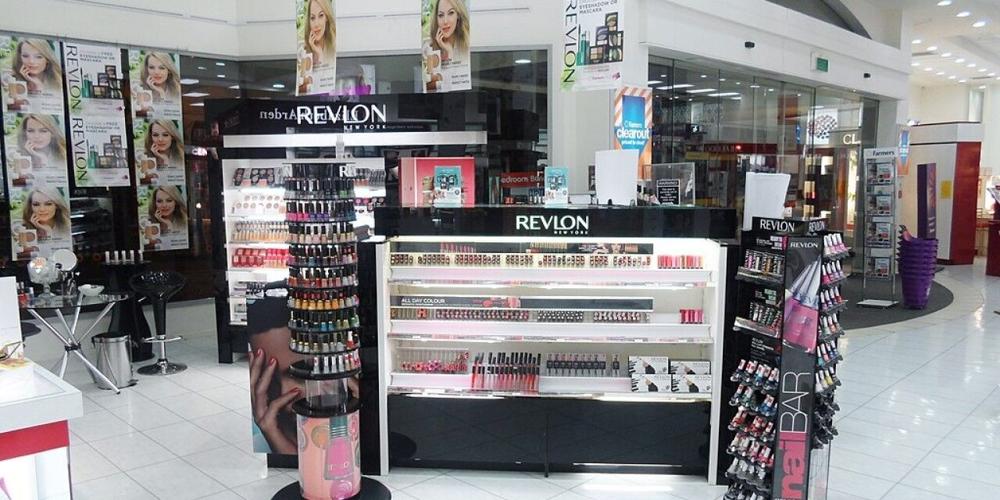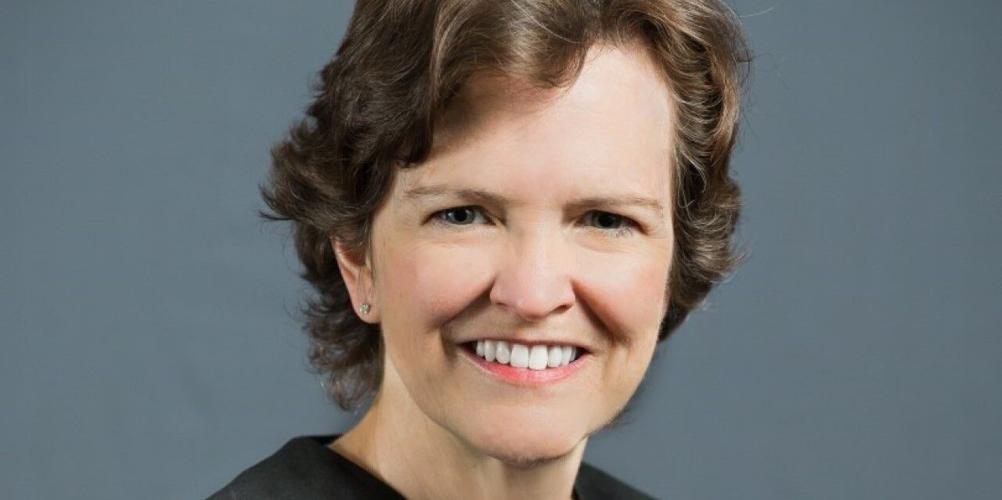
Hair care and cosmetics product maker Revlon won't get the chance to review certain internal communications and other "work papers" related to the studies that have formed the basis of thousands of lawsuits accusing the company of selling hair straightening products that allegedly caused cancer.
On July 22, U.S. District Judge Mary M. Rowland rejected Revlon's request to enforce a subpoena against the National Institutes of Health.
The subpoena was issued in pursuit of information the hair care products maker says it believes would help defend against an onslaught of lawsuits, with potentially billions of dollars at stake.
The lawsuits have piled into courts across the U.S. since 2021. According to some estimates, more than 8,500 individual and class action lawsuits have been filed against Revlon and other companies, including Revlon, L'Oreal and others.
Hundreds of the claims have been lodged in Cook County Circuit Court in Chicago.
The bulk of the lawsuits have been consolidated and transferred to federal court in Chicago before Judge Rowland.
The lawsuits have been fueled by reports from the National Institutes of Health and the National Institute on Minority Health Sciences, asserting women who used hair relaxer products were at a significantly higher risk of contracting uterine and ovarian cancer.
The lawsuits have been brought primarily on behalf of thousands of black women who claim they contracted such cancers from their use of the hair relaxer products, allegedly driven by the American health and beauty industry and the greater white-majority society, in general, which allegedly encouraged black women to straighten naturally curly hair to "conform to Eurocentric beauty standards."
The lawsuits all carry the same essential claims against the hair product makers, accusing them of misleading consumers about the safety of their products; failing to warn consumers of the health risks allegedly associated with using the products; breach of warranty, under both state and federal laws; and fraud, as well as personal injury and wrongful death claims.
They are seeking a potentially massive payout, including punitive damages, which are damages awarded entirely to punish defendants, and are ordered on top of actual financial losses or to cover actual medical bills.
To date, the actual financial award sought by the plaintiffs has not been made public.
No case from the sprawling litigation has yet gone to trial.
To this point, Revlon and others have failed to significantly diminish or toss the legal claims against them. In September 2024, for instance, Judge Rowland refused to allow Revlon to use Chapter 11 bankruptcy protection to pull the plug on the class actions, even though Revlon asserted the class actions amount to an "end-run around the bankruptcy court's orders."
As the case has continued since, Revlon has sought to learn more about the NIH studies that have served as the basis for the lawsuits.
In February 2025, the company issued subpoenas to the federal National Institutes of Health (NIH).
Particularly, Revlon said it was seeking to force the National Institutes of Health to turn over "all internal documents and correspondence, including work papers, drafts, and analyses," related to the NIH hair relaxer studies.
The subpoena also directed NIH to turn over study data and all communications concerning the studies between the NIH and the trial lawyers who have filed hair straightener lawsuits.
To this point, the NIH has turned over the data and "at least some communications" with trial lawyers, Rowland said.
However, NIH has pushed back against much of the remainder of the subpoena's demands, asserting many of the documents and communications requested as protected by the so-called "deliberative process privilege." Essentially, the government agency asserted the subpoenaed information was protected because it represented incomplete information that were "part of the decision making process" government agents had used to set policy.
The subpoenas were also opposed by lawyers for the plaintiffs, who claimed the requested documents and communications would reveal "private medical information" and would "chill scientific research."
Revlon, however, has asserted the NIH's attempts to shield such communications and documents are improper and "overbroad." The company claimed NIH lawyers improperly declared privilege on a phone call and without reviewing the actual documents and communications sought by Revlon.

U.S. District Judge Mary Rowland
The judge, however, agreed with NIH, saying the agency's assertion of privilege over the internal documents was sufficient in this case to overcome Revlon's "particularized need" for the documents, including the potential that the company could suffer a significant financial blow from the lawsuits that depend on the NIH studies.
While saying she, too, harbors some concerns over the breadth of the NIH's refusal to cooperate, Rowland said she didn't believe Revlon had done enough to show why it needed or deserved to get the documents and other information it requested, apart from the study data and the communications it has already received, from "a non-party" to the lawsuits.
Revlon is represented by attorneys Edward P. Abbot, Erich Gleber and Nicea D'Annunzio, of Eckert Seamans Cherin & Mellot, of New York.
The plaintiffs are represented in the action by attorneys Edward A. Wallace, of Wallace Miller, of Chicago; Dianda "Fu" Debrosse, of DiCello Levitt, of Birmingham, Alabama; Fidelma L. Fitzpatrick, of Motley Rice, of Providence, Rhode Island; Michael A. London, of Douglas & London, of New York; and Benjamin L. Crump, of the Ben Crump Law Firm, of Tallahassee, Florida.
.




